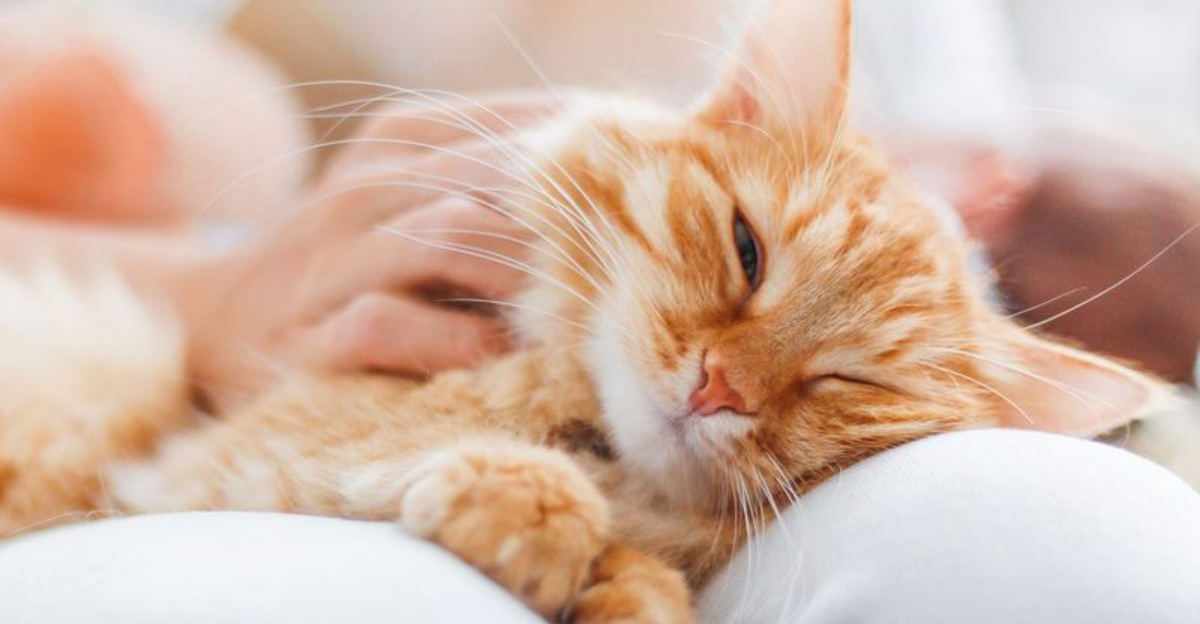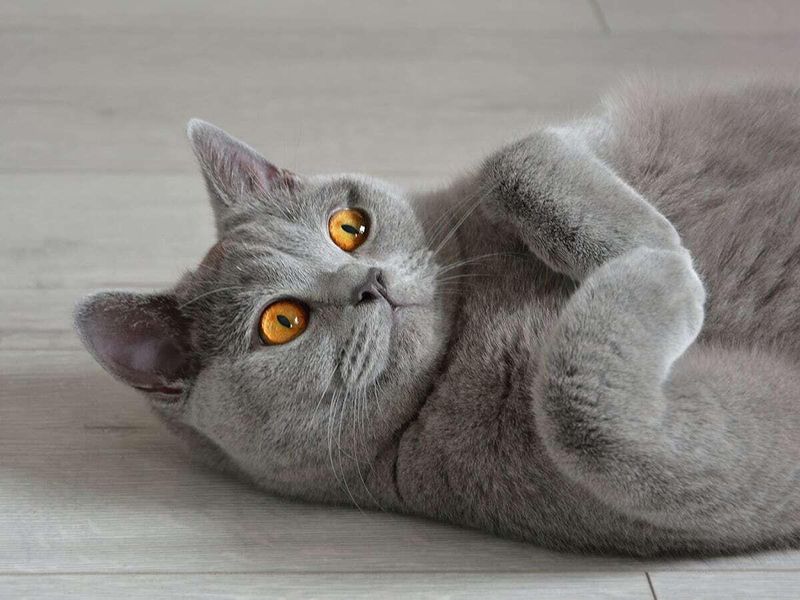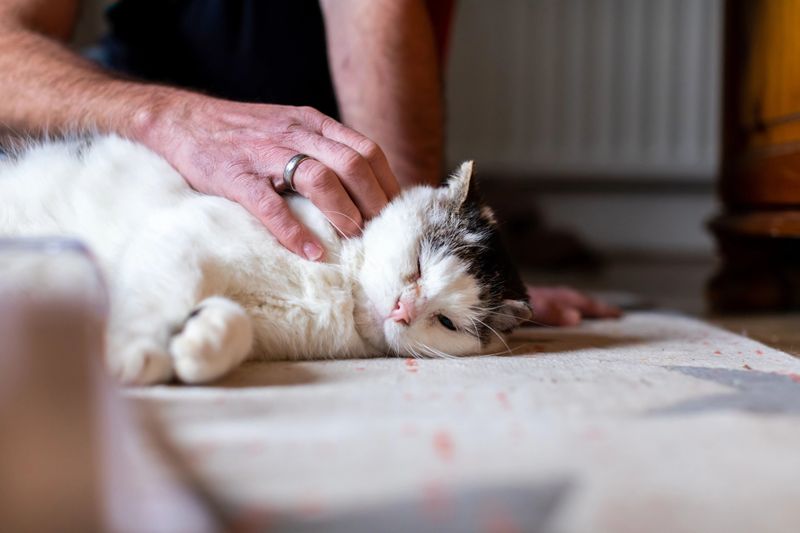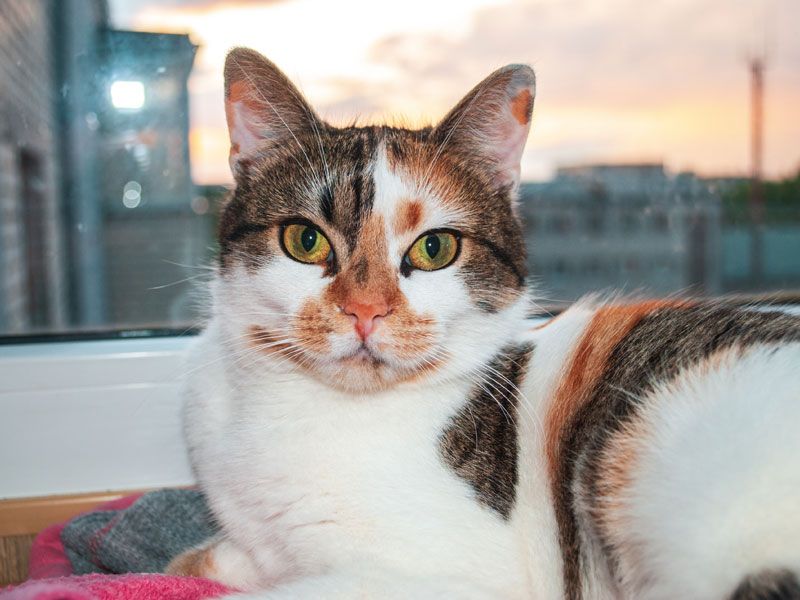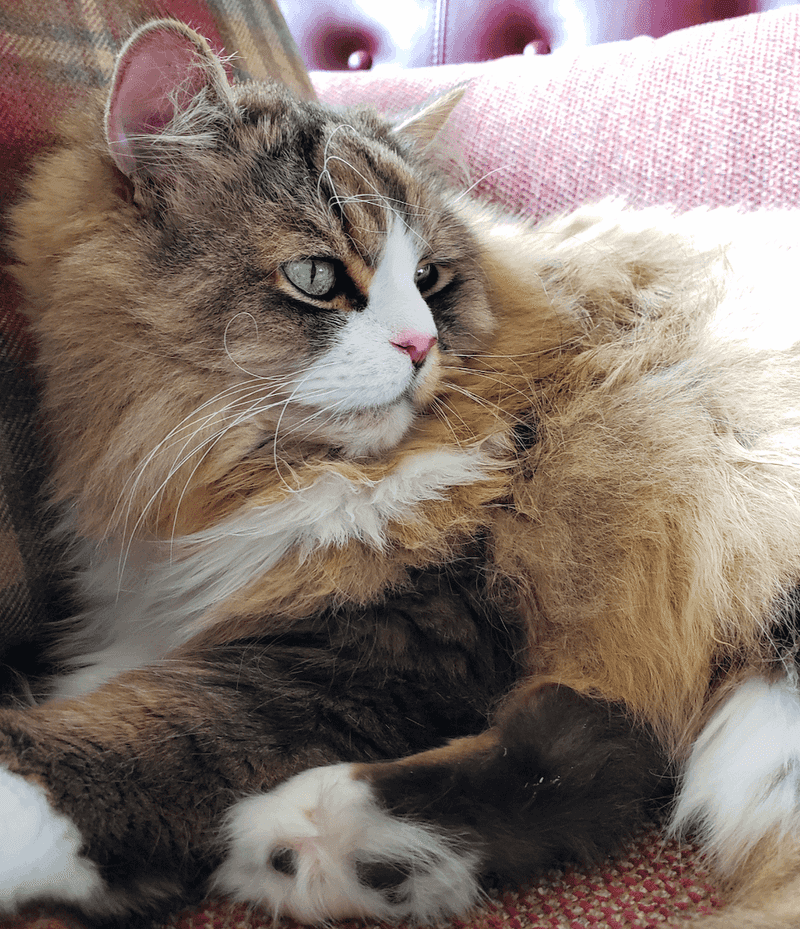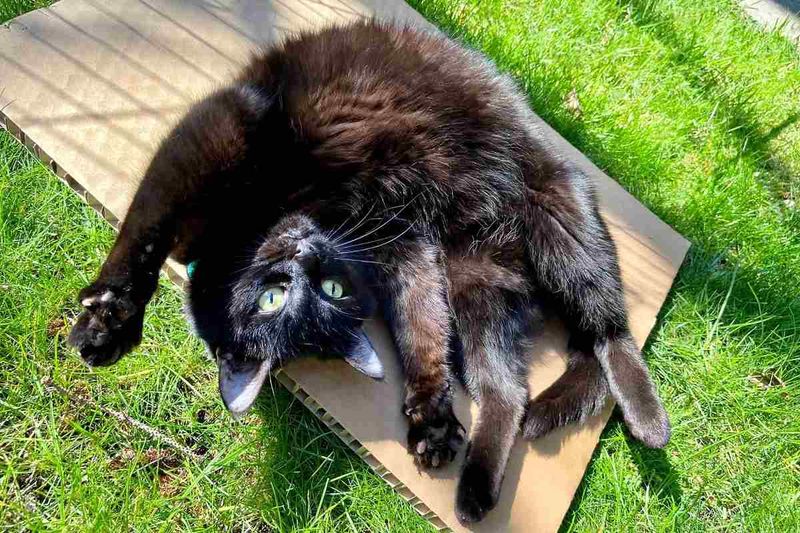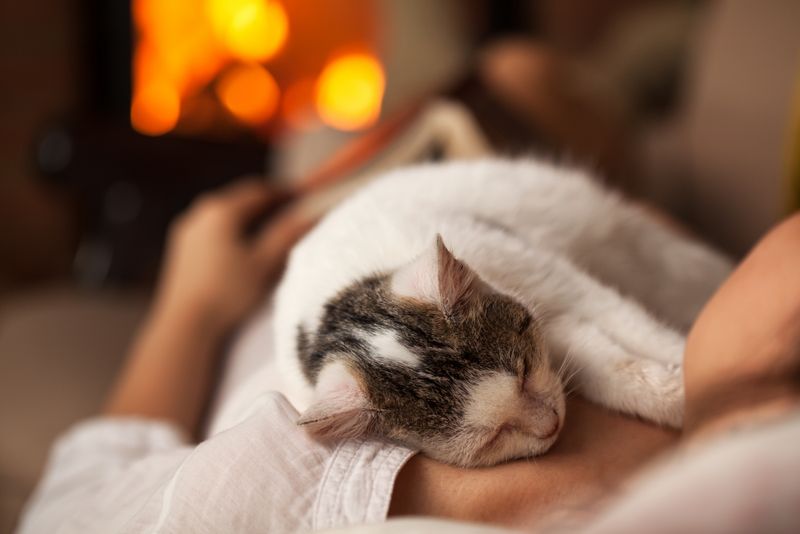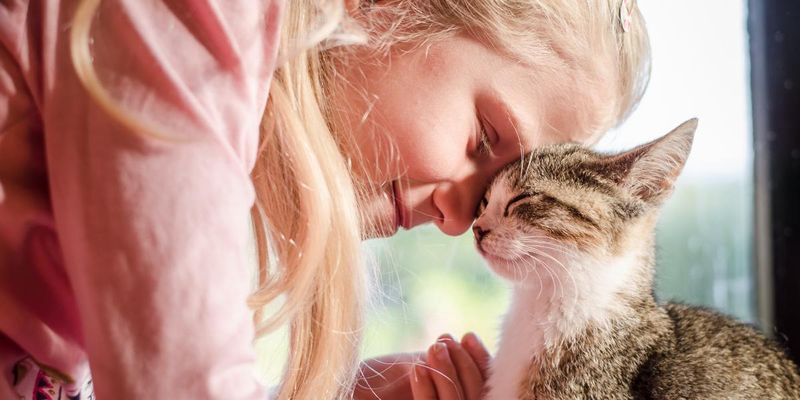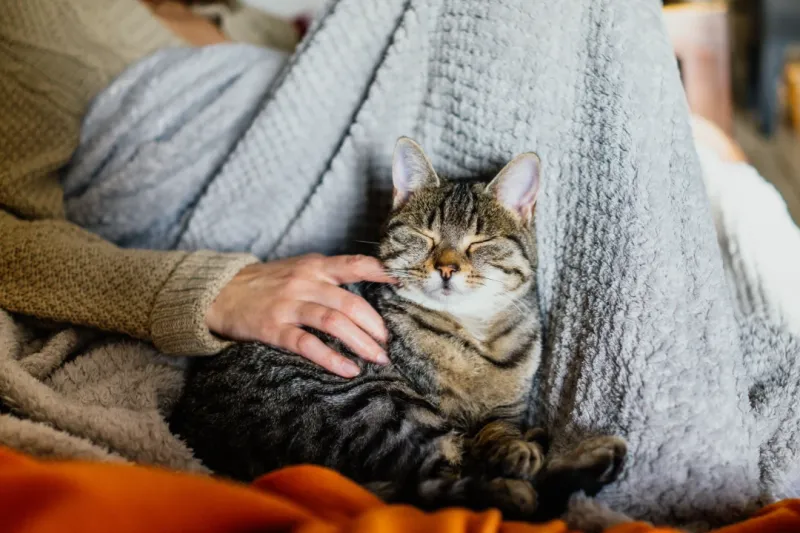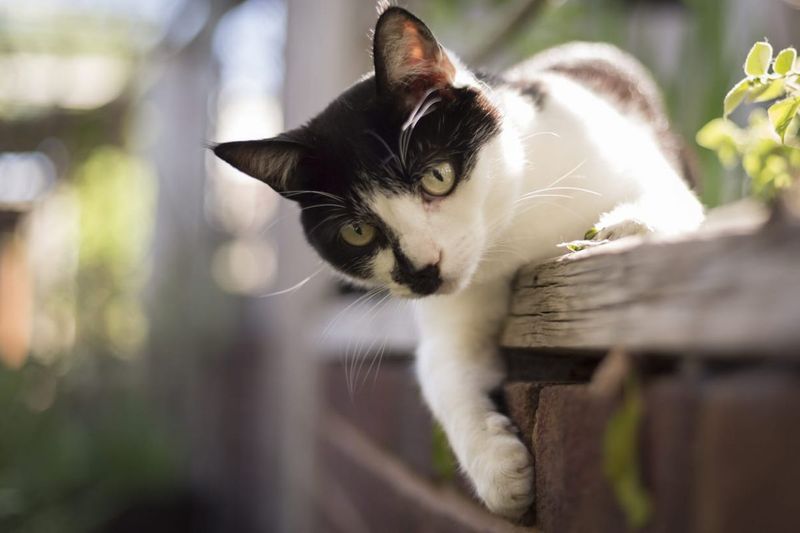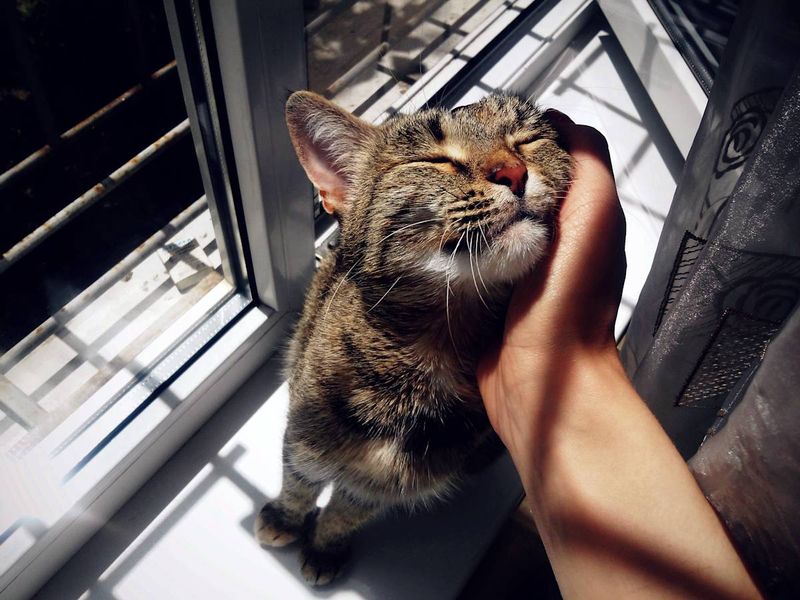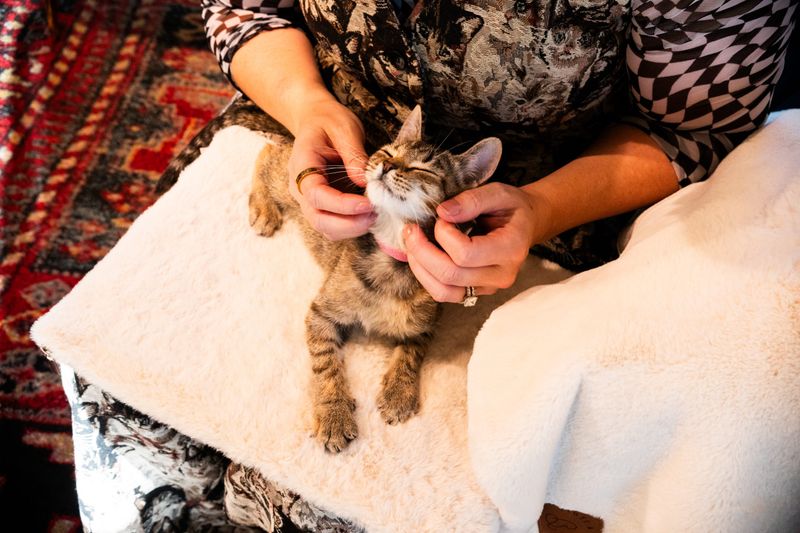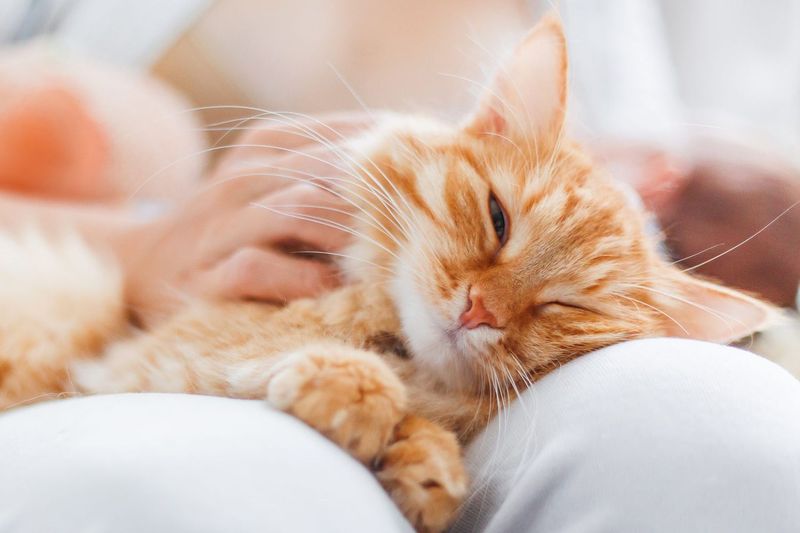📖 Table of Content:
- 1. Low-Maintenance Love Machines
- 2. Stress-Reducing Purr Therapy
- 3. Space-Conscious Companions
- 4. Silent Support System
- 5. Emotional Boundaries Experts
- 6. Midnight Comfort Crew
- 7. Earned Trust Relationships
- 8. Anxiety-Detecting Sensors
- 9. Independence Role Models
- 10. Routine-Supporting Stabilizers
- 11. Touch-Sensitive Therapists
- 12. Judgment-Free Confidants
Looking for the purr-fect emotional companion? While dogs have long been known as ‘man’s best friend,’ cats quietly excel as emotional support roommates. Their unique qualities create a special bond that many find more suited to modern living and emotional needs. Ready to discover why these furry felines might just be the superior emotional roommates?
1. Low-Maintenance Love Machines
Cats require minimal effort compared to their canine counterparts. No need for walks three times a day or extensive training sessions! They handle their bathroom business in a litter box, groom themselves meticulously, and can be left alone for reasonable periods without developing separation anxiety.
This self-sufficiency means you get all the emotional benefits of pet ownership without the exhausting responsibility. For busy professionals or those with limited energy due to mental health challenges, this balance of companionship without overwhelming care requirements makes cats the ideal emotional support animal.
2. Stress-Reducing Purr Therapy
The gentle rumble of a cat’s purr works like natural medicine for your nervous system. Studies show that purring occurs at a frequency of 25-150 Hz, which actually promotes healing and reduces stress hormones in humans.
When a cat curls up on your lap and starts that soothing engine, your blood pressure drops and your muscles relax automatically. This built-in therapy machine kicks in whenever you pet them, creating a mutual benefit system. Dogs may offer affection, but they lack this unique physiological calming mechanism that cats provide simply by being content in your presence.
3. Space-Conscious Companions
Living in a small apartment? Cats fit perfectly into compact living spaces. Their territorial needs are surprisingly modest compared to most dogs, making them ideal for urban dwellers. A window perch, a few hiding spots, and some vertical climbing options are all a cat requires to feel fulfilled in their environment.
Even the largest house cats take up minimal square footage compared to medium or large dogs. This space efficiency means you can enjoy emotional support without feeling cramped or needing to upsize your living situation. Your feline friend adapts to your space rather than forcing you to adapt yours.
4. Silent Support System
For those sensitive to sound or easily overwhelmed by noise, cats are the perfect companions. Their calm, quiet presence offers steady emotional support without the barking, yowling, or overstimulation that can come with louder pets.
When cats do vocalize, it’s usually purposeful communication rather than reactive noise. The soft padding of paws and occasional gentle meows form a calming soundscape compared to the constant audio alerts dogs provide. This quiet companionship allows for better concentration during work-from-home days and more restful sleep at night.
5. Emotional Boundaries Experts
Cats naturally respect personal space and emotional boundaries. They sense when you need alone time and provide company without demanding constant interaction or attention. This intuitive understanding of boundaries makes cats perfect for people who feel drained by excessive social demands.
Your feline friend won’t guilt-trip you for needing space, unlike many dogs who might whine or paw at you for attention. For those recovering from emotional burnout or dealing with depression, this respectful relationship creates a healing environment where connection happens on mutually agreeable terms. Cats demonstrate that love doesn’t have to be overwhelming to be meaningful.
6. Midnight Comfort Crew
As nocturnal creatures, cats often match the rhythms of night owls and insomniacs. When the world feels still and isolating after dark, your cat is wide awake—ready to keep you company when you need it most.
Their gentle presence during those vulnerable nighttime hours provides comfort without the neediness of a dog who would rather be sleeping. Many cats intuitively cuddle closer during their human’s difficult nights. For people battling anxiety or depression that worsens after dark, this natural alignment with night hours means you’re never truly alone when negative thoughts creep in. Your feline friend remains alert and attentive exactly when you might need emotional support most.
7. Earned Trust Relationships
Winning a cat’s love isn’t easy, and that’s what makes it so powerful. Unlike a dog’s immediate devotion, a cat’s affection is slow, subtle, and deliberate. That kind of earned connection can make you feel seen, appreciated, and quietly proud.
This selective trust mirrors healthy human relationships where connection is built on mutual respect rather than dependency. The moment a formerly aloof cat decides to sleep on your lap represents a milestone of trust that dog owners rarely experience. For people working on building confidence in relationships, this earned progression of trust provides valuable emotional validation.
8. Anxiety-Detecting Sensors
Cats possess an uncanny ability to detect human emotional distress. Their sensitive whiskers and acute observational skills allow them to notice subtle changes in your breathing, body temperature, and movement patterns. During panic attacks or anxiety episodes, many cats will approach their humans with gentle headbutts or quiet presence.
Unlike dogs, who might become agitated by your distress, cats often respond with calm, grounding energy that helps regulate your emotional state. This intuitive emotional intelligence makes cats exceptional support animals for those with anxiety disorders, PTSD, or emotional regulation challenges. Their responsive yet measured approach to emotional comfort strikes the perfect balance.
9. Independence Role Models
With every confident step and solo nap, cats remind us that independence doesn’t mean disconnection. Their ability to care for themselves while still forming deep bonds can help people working through codependency issues see what healthy self-containment looks like in action.
They show that needing occasional solitude doesn’t diminish the strength of connection. Dogs often reinforce dependent behaviors with their constant need for validation and attention. Cats, however, model a more balanced approach to relationships—connecting deeply while maintaining their sense of self. This subtle modeling can positively influence your other relationships.
10. Routine-Supporting Stabilizers
When life feels chaotic, a cat’s quiet predictability can offer surprising comfort. Their routine mealtime nudges become daily anchors, gently guiding you toward structure in a way that feels manageable—especially during emotional lows. And unlike dogs, cats do this without overwhelming your schedule.
Cats don’t require rigid walking times but still provide enough structure to keep you functioning. For those with depression or ADHD who struggle with time management, a cat’s subtle routine cues offer just enough external accountability without becoming another stressful obligation. Their balanced approach to schedule-keeping mirrors ideal self-care: consistent but flexible.
11. Touch-Sensitive Therapists
The tactile interaction cats provide aligns well with sensory integration needs. Their low body weight delivers light pressure stimulation, while their kneading behavior acts as a gentle form of deep pressure input—known to reduce anxiety and enhance emotional regulation.
For people with sensory processing disorders or trauma responses to touch, cats allow controlled physical connection that can be easily modified. Unlike enthusiastic dogs who might jump or lean heavily, cats typically approach physical contact with careful consideration. This respectful physical relationship helps rebuild comfort with touch for those who find human contact overwhelming, creating a bridge back to physical connection.
12. Judgment-Free Confidants
Cats make perfect listeners for your deepest secrets and emotional processing. Their attentive ears and unwavering gaze create a safe space for verbal expression without fear of judgment or unwanted advice.
Many therapists note that talking aloud helps process emotions, even without human feedback. Cats provide the ideal audience—present and attentive but never interrupting or dismissing your feelings. During life’s hardest moments, the ability to openly express grief, fear, or confusion to a living being who won’t offer platitudes or change the subject becomes invaluable. Your feline friend’s quiet acceptance creates a rare space where emotional authenticity requires no explanation or justification.
